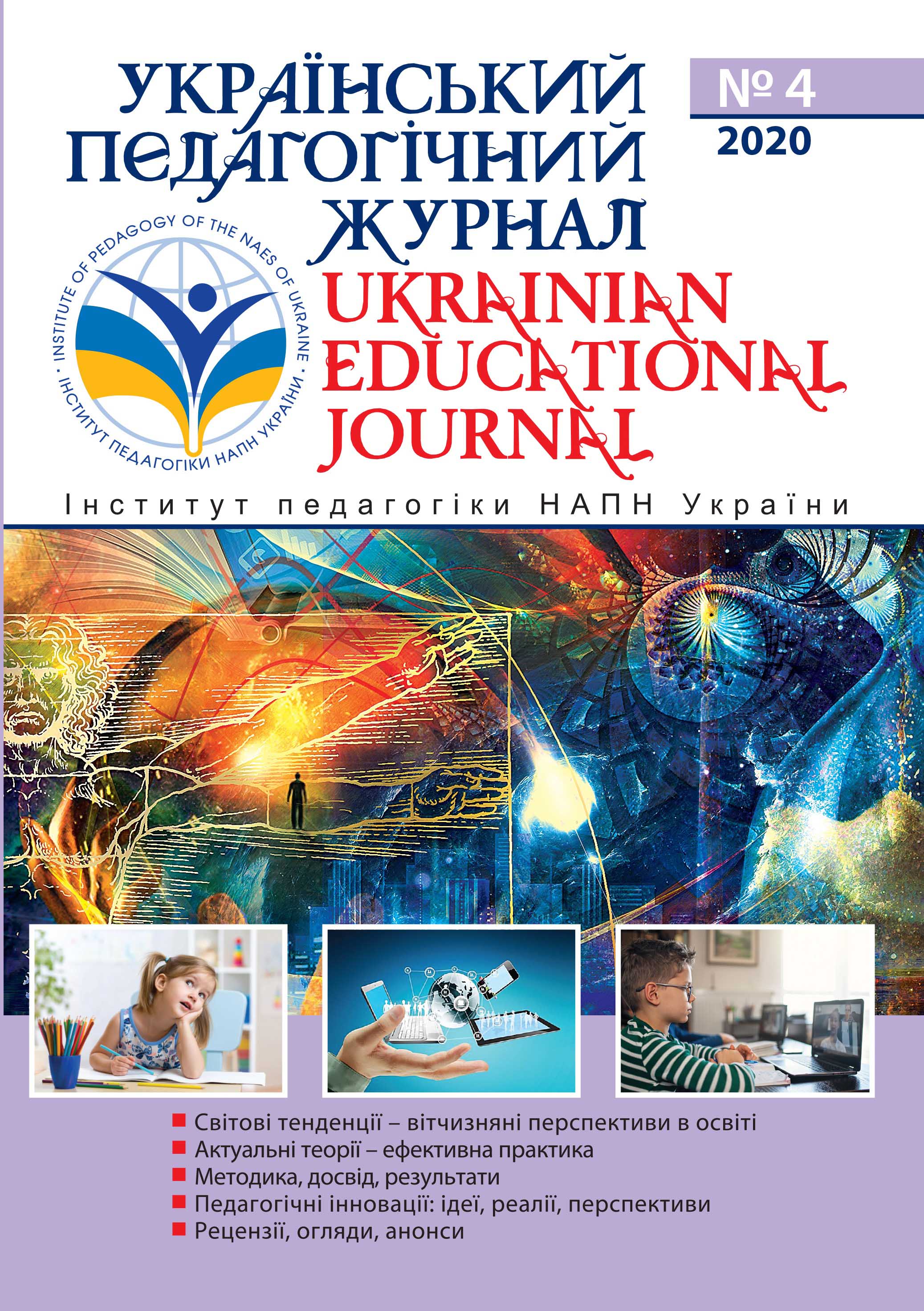Abstract
The article reveals the essence of the phenomenon of "singlism", as a freely chosen lifestyle in which people refuse any relationship, sometimes sexual, do not start families and children. The definitions of "singleton", "singlism", "matrimony", "hikikomori", "generation of Sampo", "economy of loneliness" are given and the common features and differences between them are described. Singles are people who deliberately remain without a partner, motivating their choice by unwillingness to lose personal boundaries, adjust and give up personal interests, which is the norm in any relationship.
Emphasis is placed on the fact that today it is possible to perceive and profess traditional family values, but at the same time it is impossible not to take into account some people’s conscious choice of lifestyles different from those traditionally existing in society. For the modern civilized society, as the analysis of values and person’s vital activity shows, values of individualism, personal freedom and development of the person became inherent. Individualism is now a characteristic feature of many human destinies, manifests itself in the conscious choice of loneliness or singlism, which acquires a manifestation of tendency. The choice of "solo life" is deeply personal in terms of one's own worldview, beliefs and free choice, as well as a completely normal, adequate decision made by millions of people on the planet. According to psychologists, singletons, and singles in general, are one of the phenomena of the millennial generation, in which a conditional "social contract" plays an important role, positioning the creation of a family as a logical phase of everyone's life. In the case of refusal to start a family, a person experiences a certain social pressure, which is manifested through: misunderstanding, prejudice, sometimes condemnation of his/her life choices by society or discrimination in various spheres of life.
Singlism is seen as a new socio-cultural phenomenon that, against the background of the transformational processes of the XXI century, comes into conflict with the moralism of the institution of marriage and the obligation of the institution of the nuclear family. Consideration and comprehension of this phenomenon provides an opportunity to better understand it and get a more "sober" look at the future world, where our next generations will live, as well as free from stereotypes, warnings and conjectures.

This work is licensed under a Creative Commons Attribution-NonCommercial-ShareAlike 4.0 International License.
Copyright (c) 2020 Ганна Калініна, Микола Малюга

